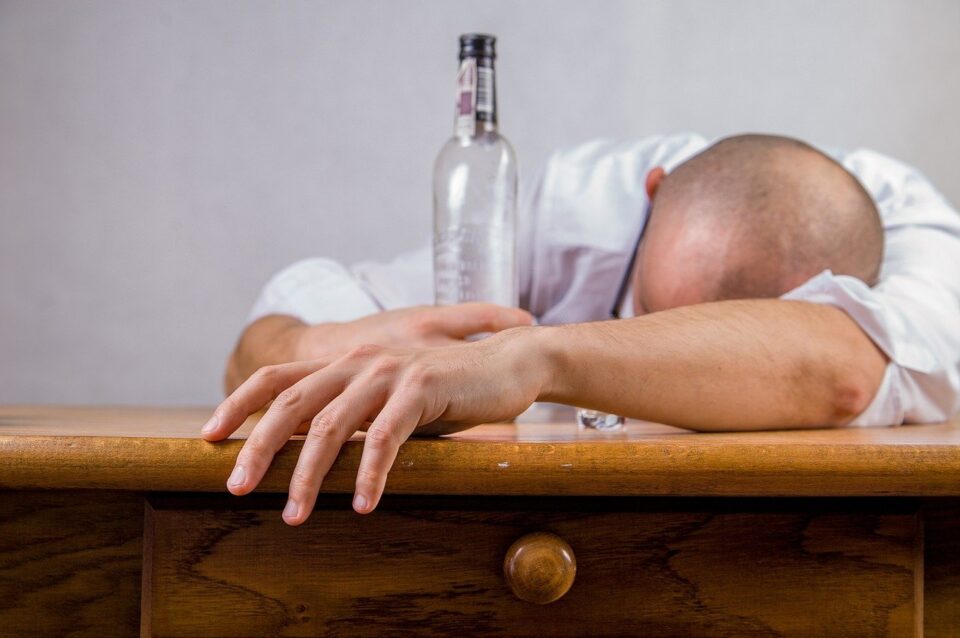Alcohol dependency, also known as alcoholism, is a serious condition that can have harmful consequences for the individual and those around them. It is important to be able to identify the signs of alcohol dependency in order to get help if needed. This article will list six signs that you may be dependent on alcohol and how to deal with it.
If you are struggling with alcohol dependency, there are ways to get help. Talk to your doctor or seek out professional counseling. There is no shame in seeking help – in fact, it takes a lot of courage. With treatment, you can overcome your alcohol dependency and live a healthier, happier life.
1. You feel the need to drink alcohol in order to relax or have a good time
If you feel like you need alcohol in order to have a good time or relax, then you may be dependent on it. Alcohol can become a crutch that you rely on to help you cope with stress or social situations.
2. You often drink more than you planned to or intended to
If you find yourself drinking more alcohol than you planned, then you may be dependent on it. When you are drinking alcohol, it can be easy to lose track of how much you are actually drinking. Also, your tolerance gets higher, which can make alcohol detox more difficult later on. As problems with the liver get compounded, the detoxification process may get longer or more complicated.
3. You experience withdrawal symptoms when you don’t drink alcohol
If you experience withdrawal symptoms such as anxiety, irritability, or nausea when you don’t drink alcohol, then you may be dependent on it. These symptoms can be a sign that your body has become used to having alcohol in it and is now dependent on it.
4. You have trouble stopping drinking once you start
If you find it difficult to stop drinking once you’ve started, then you may be dependent on alcohol. When you are dependent on alcohol, it can be tough to resist the temptation to keep drinking.
5. You continue to drink even though it’s causing problems in your life
If you are continuing to drink despite the fact that it is causing problems in your life, then you may be dependent on alcohol. Alcohol dependency can cause problems in your personal life, work, and relationships.
6. You’ve unsuccessfully tried to cut back or stop drinking alcohol
If you have tried to cut back or stop drinking alcohol but have been unsuccessful, then you may be dependent on it. When you are dependent on alcohol, it can be difficult to make changes to your drinking habits without help.
How You Can Deal With Alcohol Dependency
Alcohol dependency can be a very serious problem, and it’s not something that can be overcome on your own. However, there are ways to deal with alcohol dependency, and with the help of a professional, you can overcome this addiction and get your life back on track.
1. Have a support system
One of the best things you can do if you are struggling with alcohol dependence is to have a support system. This could be a friend or family member who is there for you when you need them and will provide encouragement and positive reinforcement as you work through your addiction. Having this support system in place can make all the difference in your success rate.
2. Talk to your doctor
Your doctor can also be a great source of support as you deal with alcohol dependence. They can help you create a treatment plan that works for you, and they can also offer guidance and advice along the way. If you are feeling lost or unsure of what to do, talking to your doctor is always a good option.
3. Join a support group
There are also many support groups available for people struggling with alcohol dependence. This can be a great way to meet others who are going through the same thing as you and to get support from people who understand what you are going through. Support groups can be found both in-person and online, so there is sure to be one that fits your needs.
4. Avoid triggers
If there are certain things that tend to trigger your addiction, try to avoid them as much as possible. This could mean avoiding places where you typically drink or staying away from people who encourage your drinking habits. It may take some time and effort, but it is well worth it in order to stay sober.
5. Set goals
When you are fighting any kind of addiction, it is important to set goals. This could be anything from reducing your alcohol intake to quitting altogether. Having goals gives you something to work towards, and it can help keep you motivated as you progress through your treatment.
6. Stay positive
Finally, it is important to stay positive throughout your treatment for alcohol dependence. This can be tough at times, but with the right attitude and support system, you can do it. Remember that you are not alone in this fight, and there is always hope for a brighter future.
If you are struggling with alcohol dependence, there is no need to feel ashamed or embarrassed. Remember that you are not alone, and there is help available. With the right attitude and support system, you can overcome your addiction and start living a healthier, happier life.

